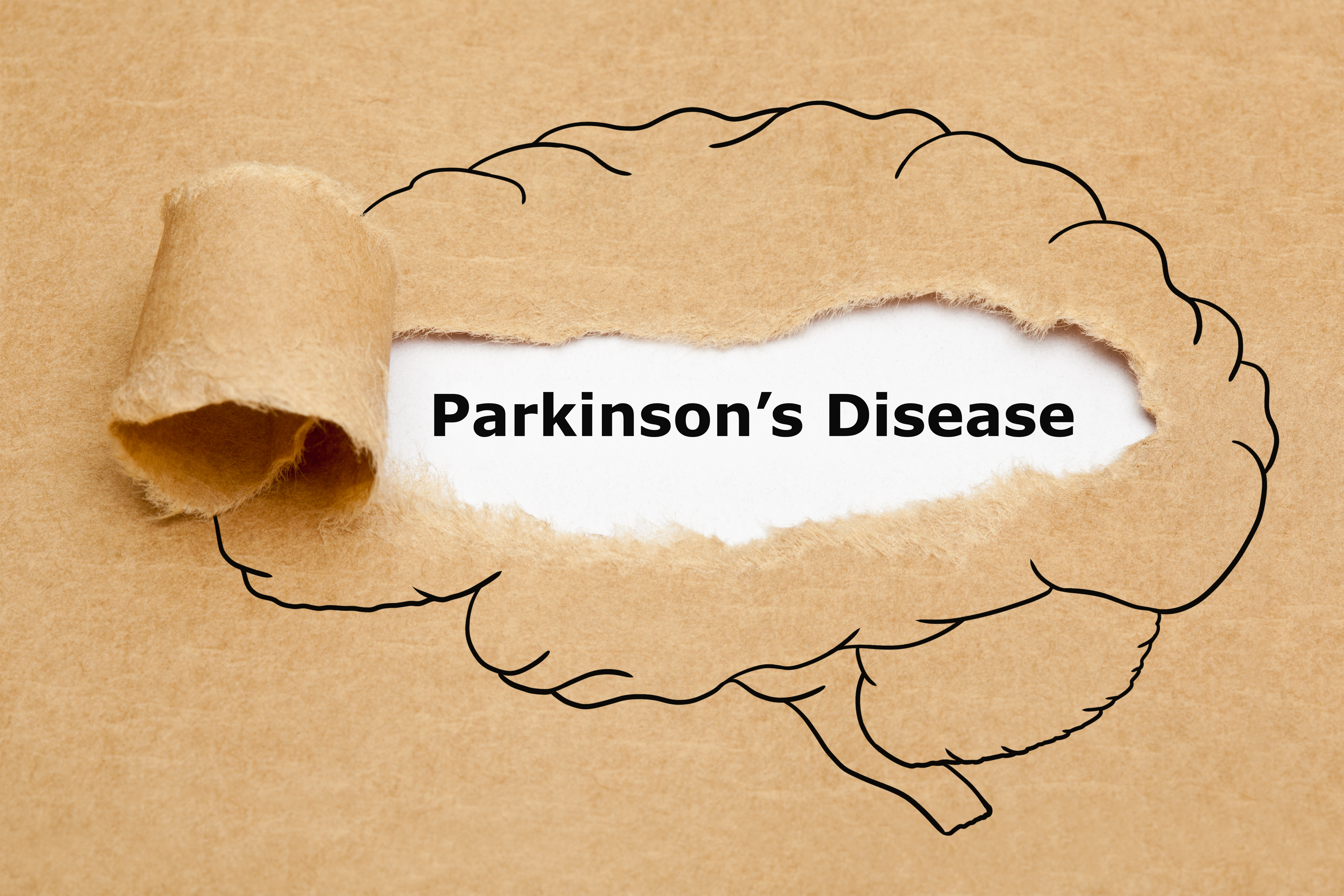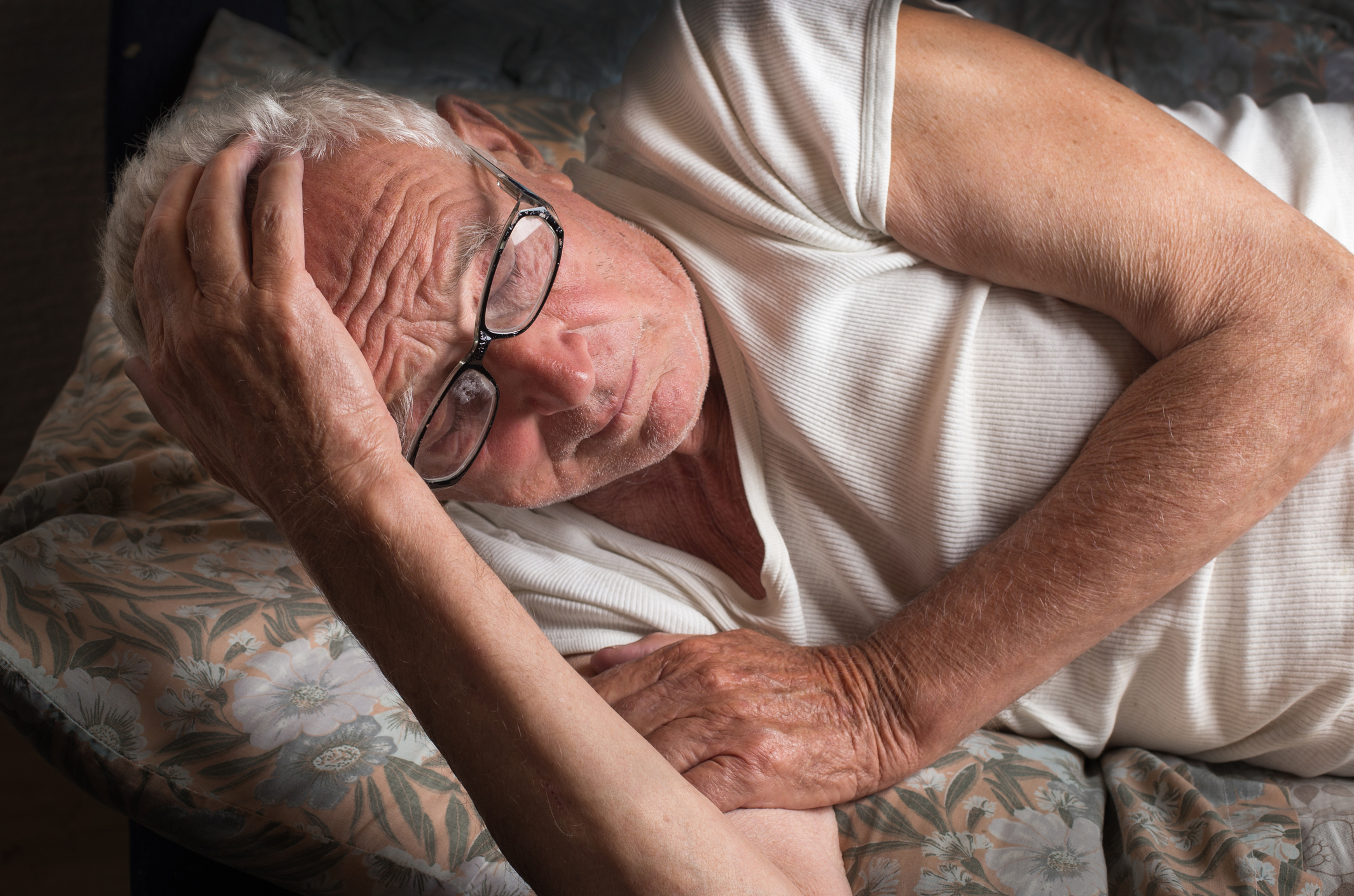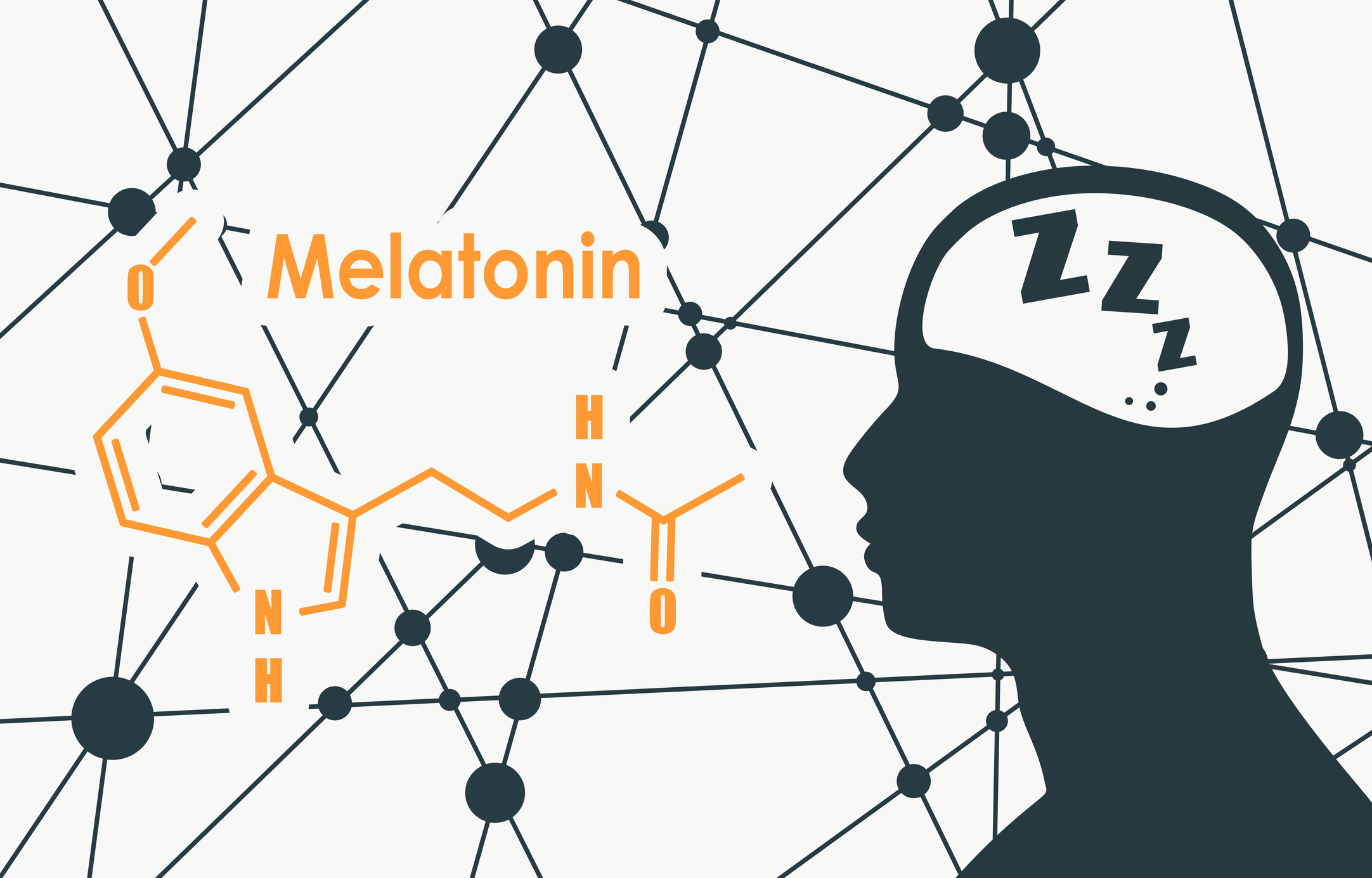
What is Parkinson’s Disease (PD)?
Parkinson’s Disease (PD) is a ‘movement disorder’ that targets the nervous system of the body. The disease is caused by nerve cell damage (neuro-degenerative changes) in a section of the brain known as the substantia nigra, which subsequently reduces the levels of the chemical dopamine being produced. Dopamine is crucial for smooth control of muscles and movement.
People with this chemical imbalance experience a range of symptoms which can be categorised into motor and non-motor.
Motor symptoms can include:
- tremor and/or shaking
- muscle rigidity or stiffness
- slowing of movements and decreased range of movement
- stooped posture
- balance issues
Non-motor symptoms can include:
- Sleep disorders (such as insomnia, restless leg syndrome, excessive daytime sleepiness and talking or moving during sleep)
- Mood disorders (such as anxiety, depression and irritability)
- Hallucinations and delusions
- Constipation and early satiety (fullness after eating small amounts)
- Urinary issues
- Impulsive control disorders (such as binge eating and gambling)
- Visual disturbances
- Pain
- Fatigue
- Sexual problems
A 2018 study found between 60-98% of PD patients suffer from sleep disturbances, making it the most common non-motor symptom.
Carers may also be affected by the sleep difficulties of their loved one.
Can PD be cured?
Unfortunately a cure for PD has not been found yet. 
At present the main goal of therapy is to slow down progression of the disease so that people can maintain a better overall quality of life for as long as possible.
How can PD symptoms be treated?
There are two broad ways this can be achieved; medical and non-medicinal.
Non-medical treatments and management provide a plethora of options, with the underlying aim being to stay active and healthy and promote mobility.
Other non-medicinal therapies include assistance from physiotherapists, occupational therapists, speech pathologists, nurses and other health care practitioners.
Why are people with PD more likely to have sleep problems?
There are a number of reasons for this including movement disorder symptoms (tremors and/or shaking), excessive day time sleepiness, Rapid Eye Movement sleep behaviour disorder, sleep apnoea, periodic limb movements and sleep attacks.
People with PD have a chemical imbalance and reduction in dopamine, which alters their sleep cycles, making falling asleep and staying asleep difficult.
Medications used to slow down the progression of PD may start to wear off at night and can lead to worsening rigidity, tremors, or pain.. Several PD medications can also act as stimulants and may keep people awake.
If these things are occurring at night, then it may be useful to talk to your doctor about altering medication times and/or methods (for example, slow release patches, which help medication last longer in the body).
Is PD more common in rural and regional areas?
PD is prevalent in every community, but it has an even higher incidence for people living in regional and rural areas.
What is our study about?
In this University of Queensland study, we aim to determine whether melatonin can help people with Parkinson’s Disease to get better sleep.
It is an N-of-1 study, meaning each participant takes both melatonin and a dummy tablet, to compare the response to each. This is “individual medication effectiveness testing.” We then add up all the individual results to find out if melatonin works for the whole group. The study can be done completely in the comfort of your own home; no study visits are required.
 What is Melatonin and what is its relation to sleep?
What is Melatonin and what is its relation to sleep?
Melatonin is a hormone which is produced by the brain in response to darkness and it is known to regulate the sleep-wake cycle by promoting the desire to sleep at night, influencing the body’s circadian rhythm.
The benefits of melatonin can include better sleep quality, a reduction in waking up during the night as well as the ability to fall asleep more easily.
Melatonin can be taken as a tablet and it comes in a variety of doses.
Who is this study accessible to?
It is available to people:
- Aged over 30 years
- Diagnosed with Parkinson’s Disease by a neurologist
- Experiencing sleep difficulties, particularly getting to sleep.
This trial is Australia wide and can be accessed in rural and remote locations.
Contact Details
If you or someone you know has Parkinson’s Disease and would like to experience a better night’s rest, please feel free to contact us.
General Email: insompd@uq.edu.au 07 3346 5065/07 3346 5025 
Dr Jane Nikles: uqjnikle@uq.edu.au 0408 599 033
Website: https://clinical-research.centre.uq.edu.au/melatonin-parkinsons
https://www.wesleyresearch.org.au/hope-for-sleep-improvement-in-parkinsons-patients/
Authors
Dr Jane Nikles, Mikhar Haripersad
